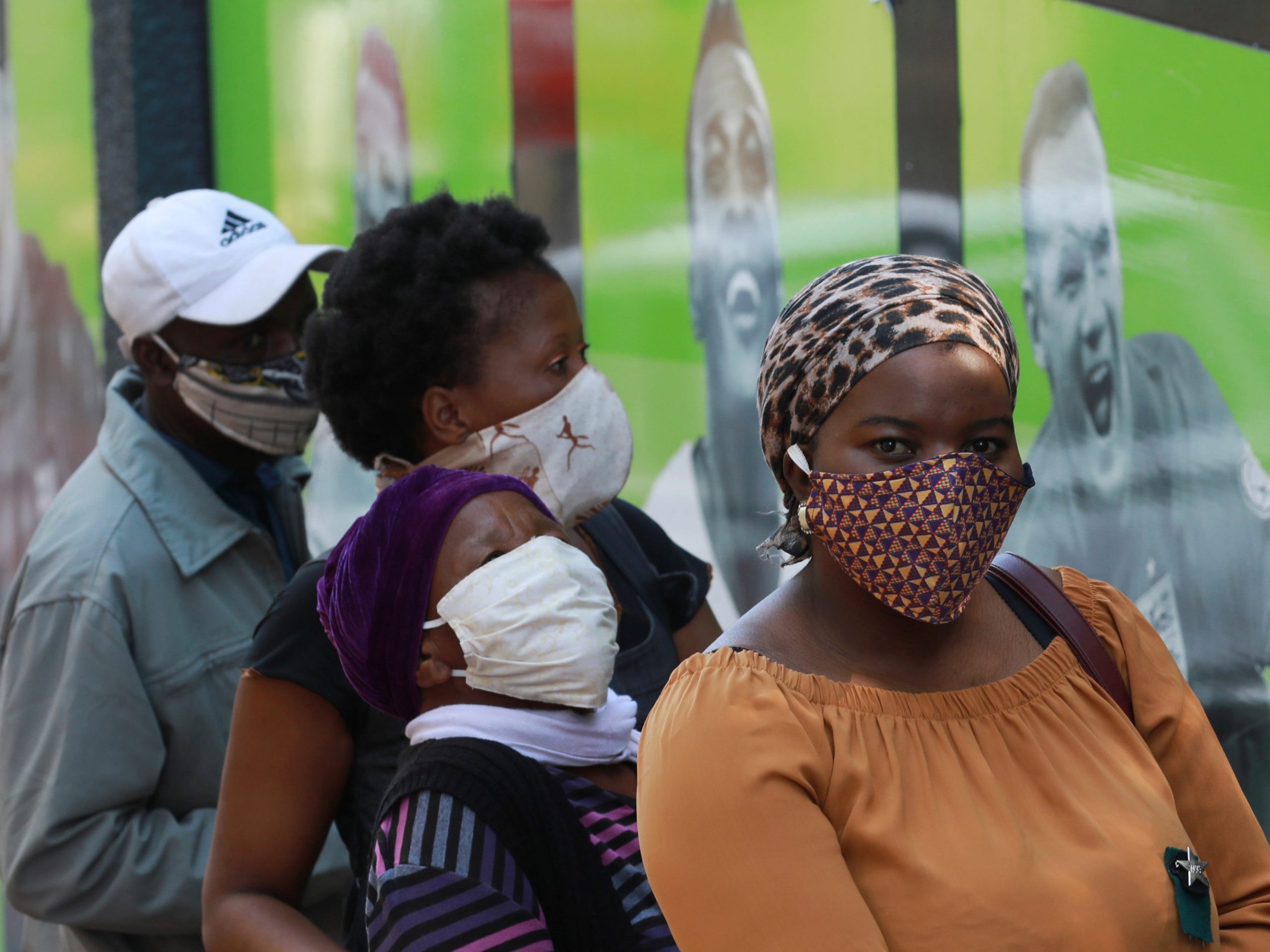
Associated Press
- The chair of the South African government’s vaccine advisory committee said Wednesday that “there is a greater risk” vulnerable people won’t be protected if they only get one dose of coronavirus vaccine.
- This is especially true for the two more contagious coronavirus variants first spotted in the UK and in South Africa, Professor Barry Schoub told Sky News.
- “[The variants are] more transmissible, and if your immunity is only half what it should be, that will increase the risk of transmission,” he told Sky News.
- The warning came after the UK announced on December 30 that it would make initial supply of shots go further by delaying second doses.
- Visit Business Insider’s homepage for more stories.
Delaying second doses of COVID-19 vaccines could put people at greater risk, especially from more infectious coronavirus variants, South Africa’s leading vaccine expert has said.
The UK controversially changed its vaccination strategy on December 30 to try to make its initial supply of shots go further. The country now prioritizes getting people a first dose, and is delaying the second shot for up to 12 weeks.
Professor Barry Schoub, chair of the South African government’s vaccine advisory committee, told Sky News on Tuesday that delaying a second dose could risk faster spread of the virus, because people do not have full immunity after the first shot.
Variants first identified in South Africa and the UK are thought to be more infectious.
“[The variants are] more transmissible, and if your immunity is only half what it should be, that will increase the risk of transmission,” he said.
"I'd think the variants would be a motivation to go for the double dose as much as you can," Schoub said.
Pfizer said in a statement to Insider that decisions on dosing are up to national health authorities, but that there is no data to show how its shot works if people don't get their second injection on time. In trials, Pfizer and BioNTech, its German partner, gave a second shot three weeks after the first.
Pfizer's shot is one of two approved in the UK - the other is made by AstraZeneca and the University of Oxford.
Some US scientists have said they would back a delay in second doses, but the US has not altered how it administers its COVID-19 vaccine shots.
The Department of Health told Business Insider that it adopted its strategy based on advice from the government's vaccine advisory group, the Joint Committee on Vaccination and Immunisation, and the UK's chief medical officers. They recommended that immunizing twice the number of people in the next two to three months was preferable, from a public health perspective, to giving half that number of people "only slightly greater protection."
Dr. Robert Harris, who runs four regional UK COVID-19 vaccination centres, said in conference call Thursday with Michael Leuchten, managing director in Equity Research at UBS, that delaying the second dose could disrupt the most vulnerable getting full protection, because it risks family doctors not being paid for the second shot, and therefore not administering it.
There are 1.15 million confirmed coronavirus cases in South Africa, according to Johns Hopkins University, and 80-90% of the new cases are caused by the variant.
In the UK, another variant, known as B.1.1.7, has caused cases to rocket, and forced the UK in a national lockdown. This variant has been found in several US states, but the variant first identified in South Africa has not yet been found in America.
The variant identified in South Africa may evade the antibodies from people who have been infected with coronavirus and have some immunity, as well as certain antibody drugs that treat it, preliminary research suggests.
It is unclear whether this phenomenon will affect how well vaccines work against COVID-19, the disease caused by coronavirus. This is the "most pressing question", according to Richard Lessells, an infectious-disease expert at the University of KwaZulu-Natal, per Associated Press.
Schoub said that the new research is a lab finding, and doesn't necessarily mean that people who have been vaccinated are susceptible to infections.
"We need ongoing studies in countries where we have rolled out vaccination programmes to see if there are breakthrough infections," he said.

